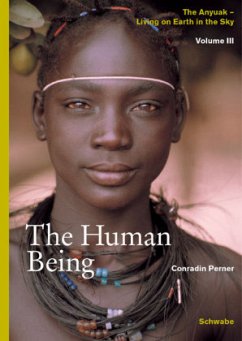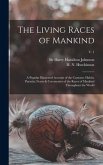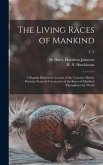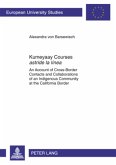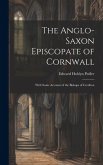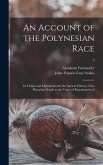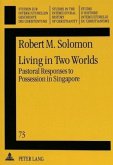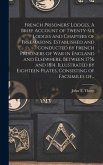The Anyuak definition of what a human person is appears to be a relatively easy one, at least in theory, because it is based upon purely physical criteria; The metaphysical dimensions of a human being are completely neglected in this definition and are only of importance when needed to exclude a human being from human society. The term "person" is essential in Anyuak language, for it introduces a special category within the large category of "human beings": not all human beings are also persons. The notion of "personality" is, in this context, of no relevance, because it is merely a qualitative extension of the notion of human person, its individual aspect. There is no moral element in the judgement of a human person, at least in this theoretical sense, and even intelligence which elsewhere is considered to be almost exclusively human is not considered when defining the truly human qualities of a person. Because the individual characteristics of a person, his or her mistakes and problems, do not turn into existential questions, Anyuaks hardly ever ask themselves about their "real" identity or meditate about their inner life: Anyuaks know perfectly well who they are and what place they have in existence, and it is with this deep and sober self-knowledge that they face their private destiny. The best, as well as the most complete, answer to the philosophical question "Who am I?" thus is for Anyuak a very easy, self-evident one: "Who I am? - I am a human person!""Human person" means in Anyuak language "dhanò". "Dhanò mo dicwo" is a male, "dhanò mo dhagò" a female person; the plural is "jiy" or "jow", the latter meaning literally "fellows, people". The term "dhanò" is positively discriminating and describes a definite sphere of exclusively human values. A human person is of course a human being, the latter being a particular species living on earth an thus clearly different from animals, birds or fish. The differentiation from animals is, as we shall see, of importance, because unlike animals the human being has a spiritual dimension and is conscious of his or her existence. But because of human superiority over animals and because of the usually peaceful coexistence between man an animals on earth, the human being contents himself with stating the differences between man an animals in their physical nature and intellectual capacities; the difference between man an animals is a positive one because it strengthens the position of the human being and is therefore of psychological rather than of truly existential importance to the definition of a "human person".Anyuak existence would probably be much less problematic if their universe were simply divided into a spiritual sphere above (of God) and an earthly sphere of existence below (of humans, animals, etc.). The problem of human society is aggravated by the fact that the nature of human being is not the same in all people, that there exist treacherous elements which side with the spiritual, nonhuman matters and find tremendous pleasure in torturing an killing other human beings. A "human being" is therefore not necessarily a "human person" but can, in spite of his or her human appearance, very well have supernatural, i.e. inhuman qualities. When Anyuaks define a "human person", they primarily think of these cetergories of existence: while the difference to animals and the one to invisible spiritual matters in the sky does not need to be stressed, the differentiation between real human persons and people of mainly spiritual nature has to be emphasised and made perfectly clear because it is a differentiation within the same category of earthly appearances, the category of human beings. The human beings thus are divided into "persons" and "non-persons", the former defined by purely human values, the latter depending upon spiritual attributes.If one wonders "Who is walking over there?", anyuaks never give a precise answer such as "These are people coming from Ajwara" but simply
Hinweis: Dieser Artikel kann nur an eine deutsche Lieferadresse ausgeliefert werden.
Hinweis: Dieser Artikel kann nur an eine deutsche Lieferadresse ausgeliefert werden.

